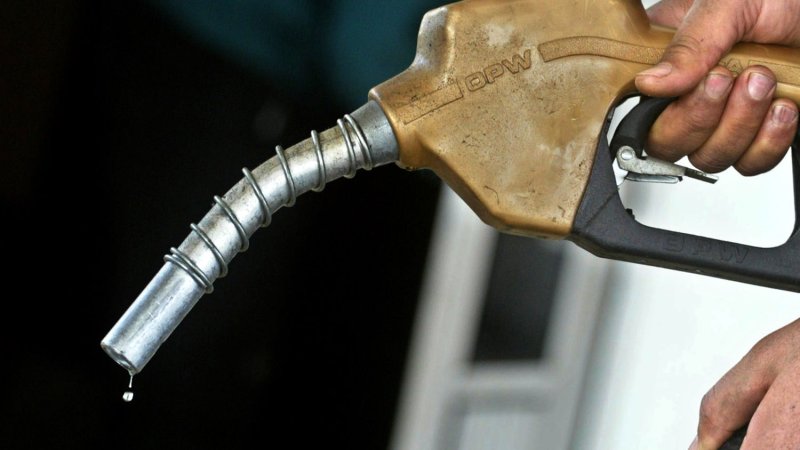As research continues to find sustainable and renewable sources of fuel, a team of Korean researchers has developed a method for producing gasoline using an engineered strain of E. coli.
Gasoline, a refined petroleum product, is a blend of hydrocarbons -- called alkanes and consisting only of hydrogen and carbon -- and additives.







